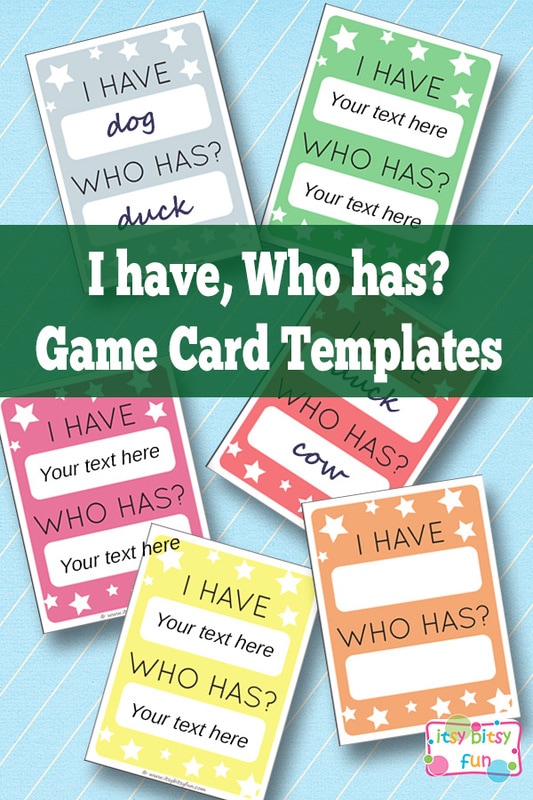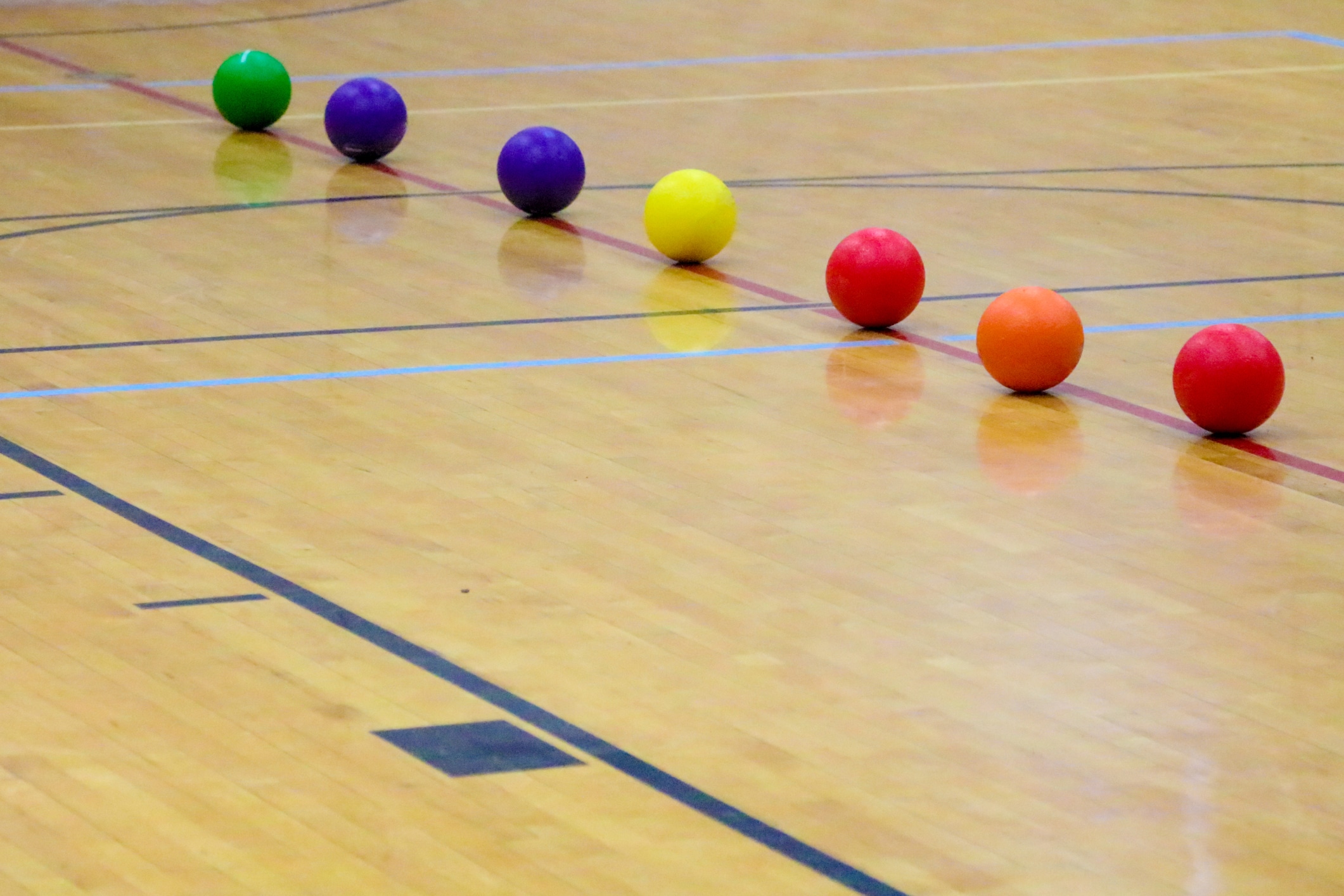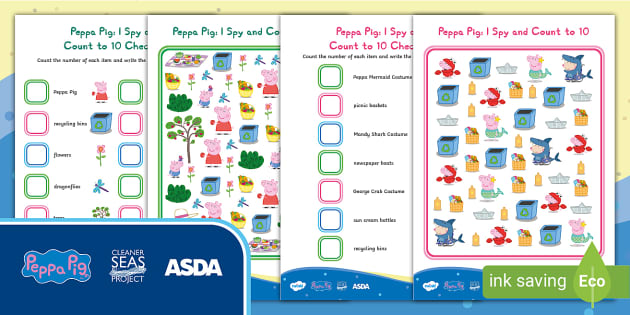These eight English mini-games commonly played by foreign children seem very simple and don’t require any special props. But don’t underestimate them. While keeping children entertained, they can not only improve children’s listening and speaking abilities but also increase their vocabulary unconsciously.
1. I Have, Who Has
Game purpose: Recognize and learn basic words, such as basic words for shapes, colors, and people.
Suitable age: 2-4 years old
Before the game, print out vocabulary cards about colors and shapes to be learned. Let children first learn how to say colors and shapes in English.
After children have mastered these words, they can start playing! Distribute these cards evenly to everyone participating in the game. Then, the first player randomly picks out a card. If the “I have” part on the card is a red circle and the “Who has” part is a green triangle, then he can say: “I have a red circle, who has a green triangle?”
Others need to check if they have a card with the “I have” part being a green triangle. If so, show this card and answer: “I have a green triangle, who has a xxx?”
The game is very simple. It goes on like this until all the cards in hand are used up. This game is best played by multiple people, so when good friends come to visit at home, you can invite them to play together.

2. I Spy with My Little Eyes…
Game purpose: During the process of guessing and finding answers, children’s observation ability, language expression ability, and imagination are all well exercised.
Suitable age: 3-9 years old
The I Spy game can be said to be a household name in the United States. It is very helpful for improving children’s language application ability and establishing English thinking.
First, limit a range with your baby, such as the living room, dining room, garden, etc. Then parents and children sit together. Parents look around, find an item, and describe it in language, such as the color, size, and location characteristics of the item. Parents can also use body movements to help children understand and let children guess what it is and say the name or point it out.
Here’s a small example: When playing the game, parents can guide children to observe with the following sentences:
“I spy with my little eyes something red.”
“It can swim.”
Children need to guess according to the parents’ description what exactly is red and can swim. When children find an item that meets the requirements, parents don’t forget to give affirmation in time, such as:
“Yes, it’s a goldfish. Good!”
When children can’t answer, parents can use their eyes to guide children to look in a certain direction and teach children to ask in English:
“Is it a …?”
When children are familiar with the game rules, parents can change game roles with children. Let children describe an item and parents guess.
3. Simon Says
Game purpose: While learning English, it can also improve children’s reaction ability and exercise their bodies.
Suitable age: 3-9 years old
Simon says is a traditional British children’s game. Generally, three or more people participate. One person acts as “Simon”. The person acting as “Simon” must start by announcing commands with “Simon says”. Others must make corresponding actions according to “Simon”‘s commands.
(Here are some action commands for reference. Saying them in English can also improve children’s English speaking and listening skills.)
For example, “Simon says jump”. Others must jump up immediately; but if the person acting as “Simon” just directly says “Jump”, others are not allowed to have any actions, otherwise they will be eliminated. It is very challenging for children’s reaction ability.
The game does not allow “Simon” to issue impossible commands. For example, “Simon” first says: “Simon says lift your left leg”, and then says “Simon says lift your right leg”.
In the game, “Simon”‘s task is to eliminate others as quickly as possible, while others must try their best to make correct responses and stay in the game. The last person left in the game other than the person acting as “Simon” is the winner of the game.





